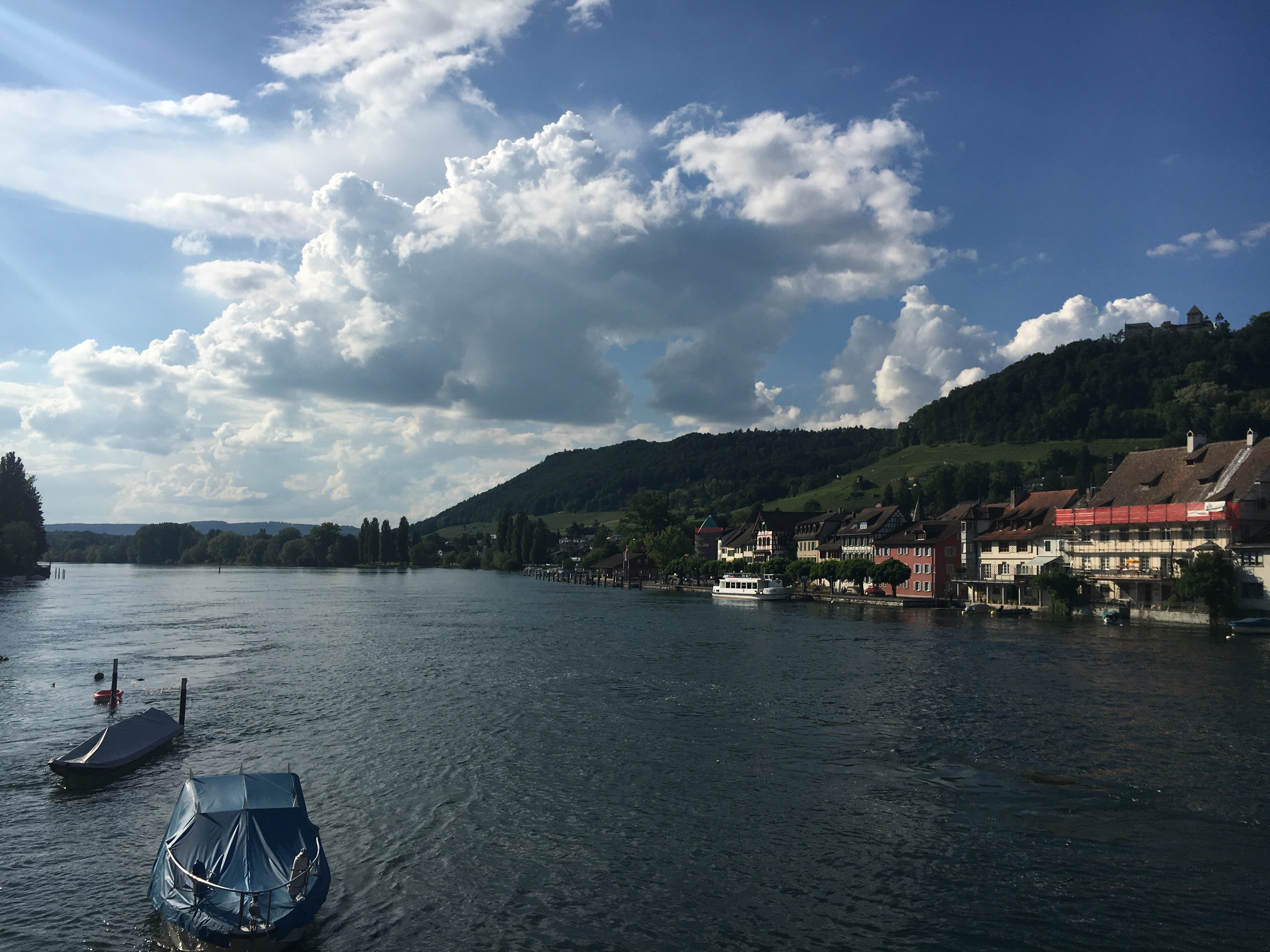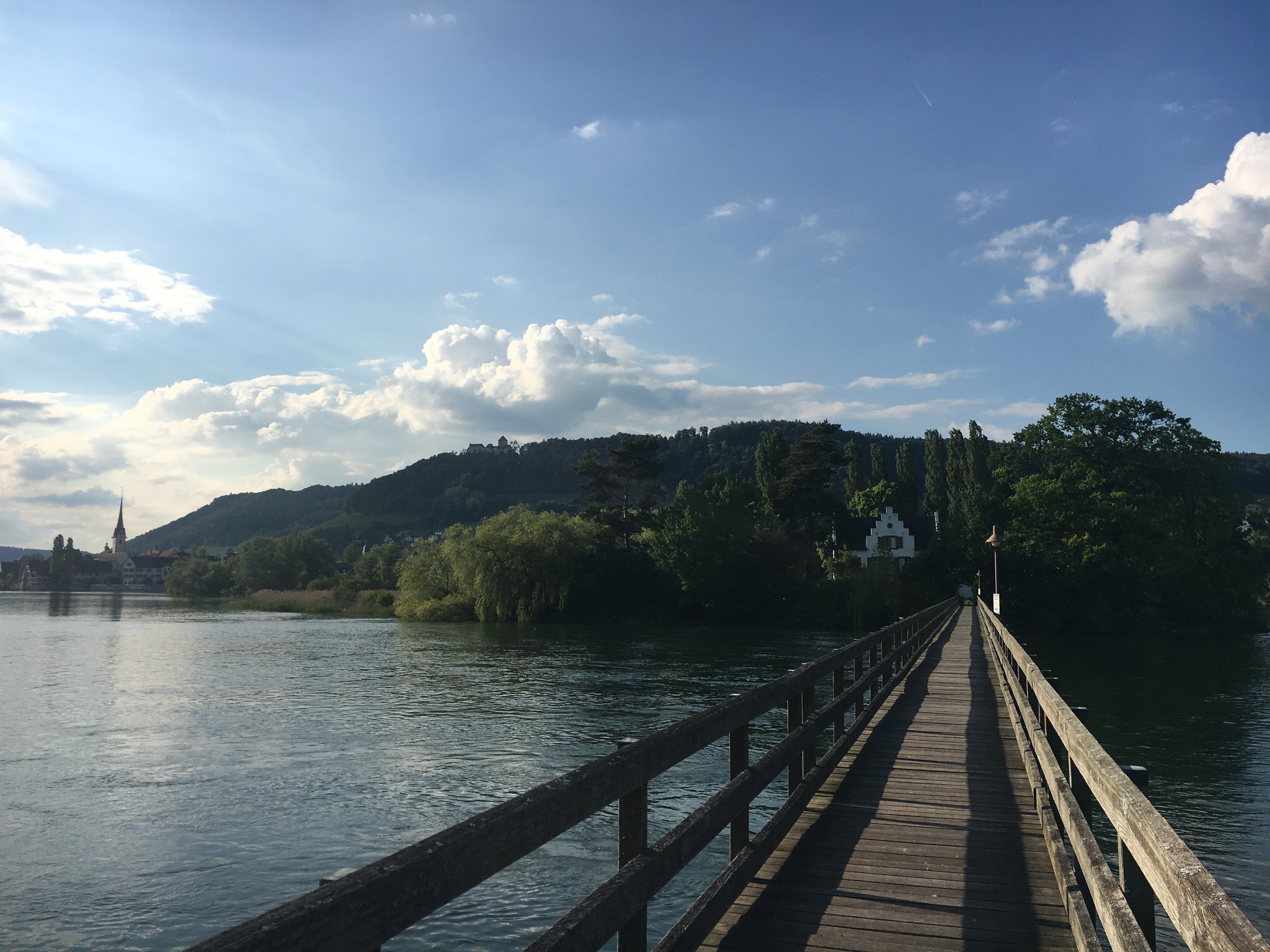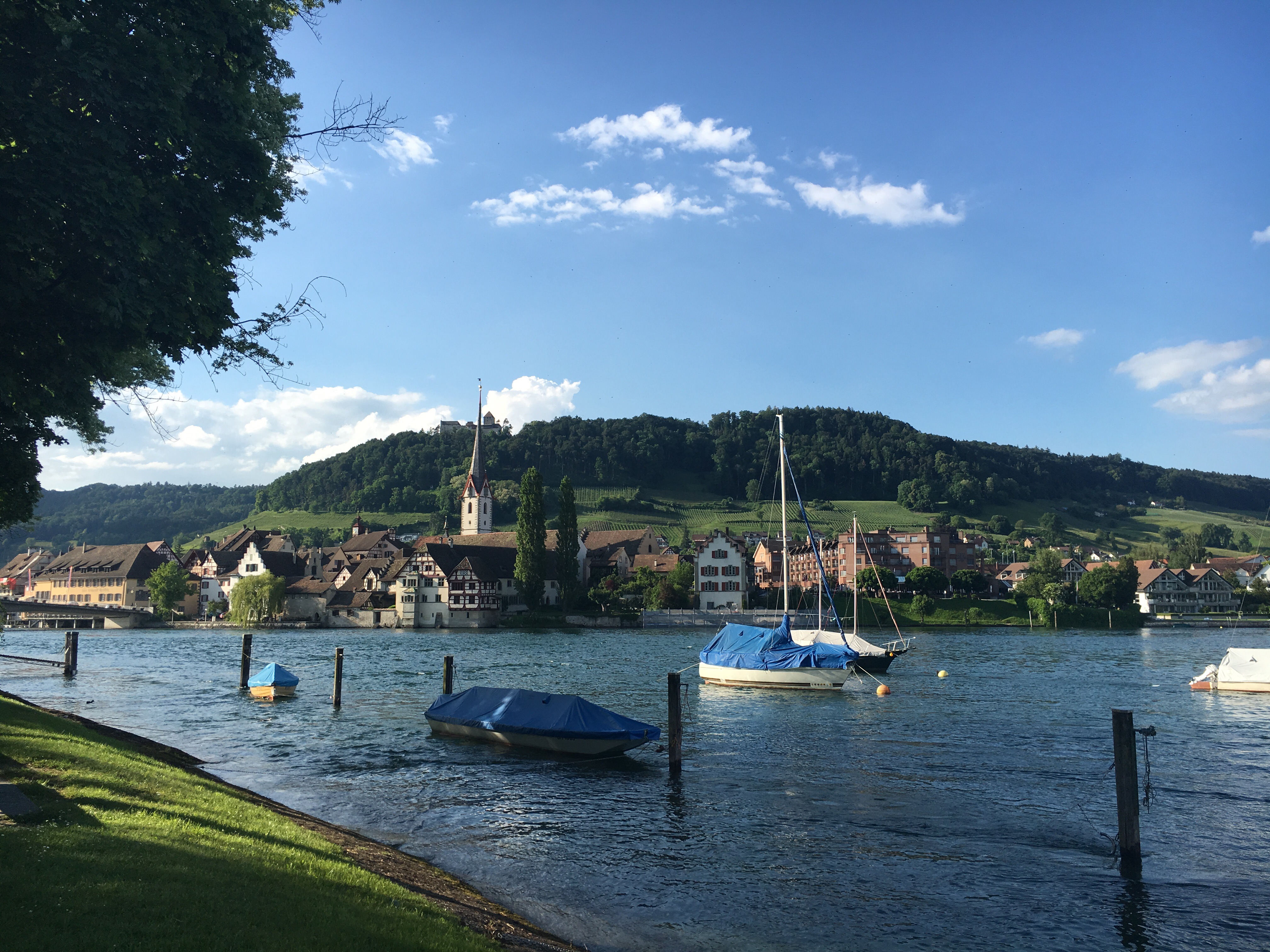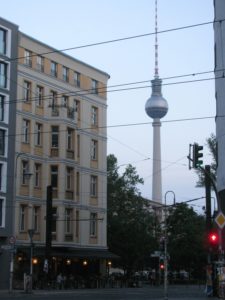I dropped my phone today on the way to school, so now in addition to having a broken laptop by phone screen is almost unreadable. I am taking this as a sign that I should try to disconnect and use my phone less. Other than that it has been another great week in Berlin. I am only sad that it will be my last one here for alittle while. Anyway, it has not been a wasted week by any measure and I have made a point to explore all the Berlin districts that I had not yet visited. Also, I got to witness some of the Turkish protests and take part in some public graffiti art that is all over the public wall in Mauerpark. Before I talk more about these things though I think it is more pertinent to mention (for this blogs purpose) to talk about the actual language progress I have made.
So as my last week came to an end I tested out of the B1.2 level of German in the Carl Duisberg Centrum, and am on my way to B2.1 in Munich. I can finally maintain conversation with German people without pausing too much or asking them to repeat what they said. I still have some trouble with speaking about complicated subjects, such as moral issues or societal differences between countries, but other than that I have now reached a level where German people will respond to what I say in German and not English (German people love to practice their English with native English speakers). Finally, I can relate most of the things that I am thinking in German and have meaningful conversations with other students who only speak German. This has opened up so many doors and allowed me to really become more at home here. I am glad I have reached this level before I start my four weeks with a host family in Munich.
Almost forgot about the touristy things I have done this week. Since it is my last week here I went to the Berliner Dom and the TV tower. The Berliner Dom, although it is not that old, it is one of the most amazing churches that I have ever seen. From the beautiful marble and granite that line that walls to the view of the city at the top of the dome, the Berliner Dom is not something that you want to miss out on. The TV tower I found to be alittle more touristy and they have very expensive restaurant near the top. However, the top of the TV tower does offer probably the best view of Berlin that you can possibly get without a helicopter.
It seems that every time I go to a cafe, there is someone who will come up and talk to me. This last time I was reading “The Karamazov Brothers” for a class and I was approached by an older man who immediately asked where I was from, what I studied, and how I liked the book. It turned out that he is a theology professor at the from Denmark who was in Berlin for a conference. We ended up talking about Russian literature and religion for almost an hour. Its one of the things I like most about Berlin, the diversity of the city and its international status makes it possible to meet people form all over. I am definitely going to miss living in Berlin. At the same time Munich is considered to have a more traditional German culture by many and I am excited to see what it’s like living there.
Pro tip of the week: Not a hard and fast rule in Germany, but it is generally considered very forward to start a conversation with a compliment at a party, this seems rather normal in the U.S., but many people seem to think that its a risky move socially.
Until Munich!




